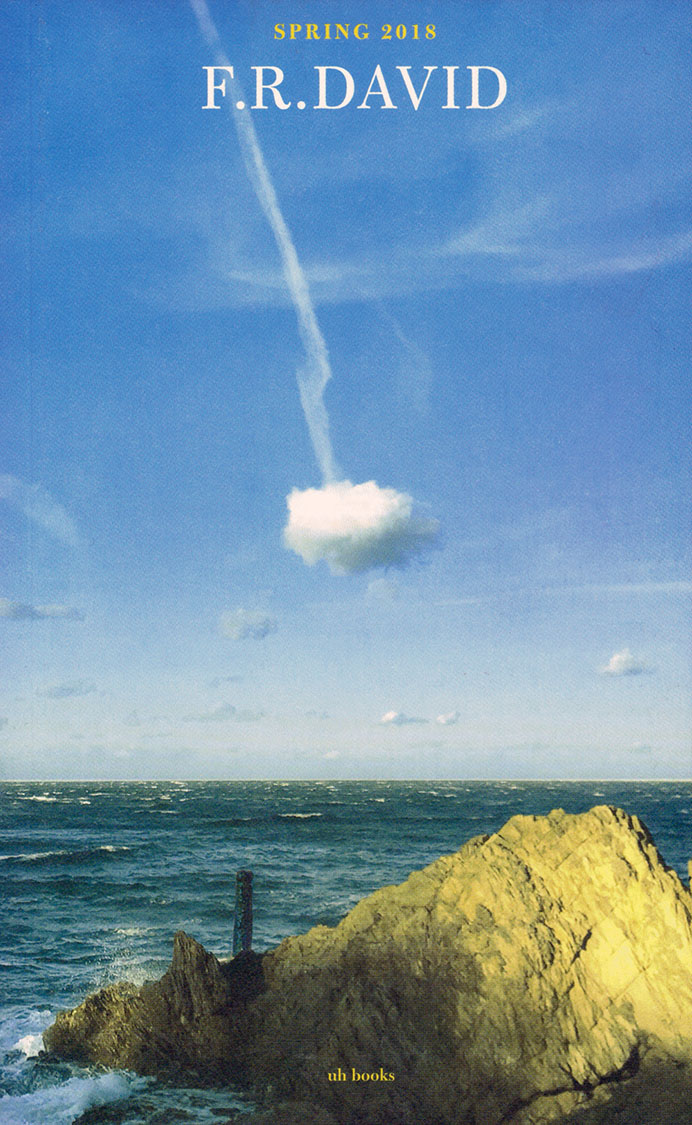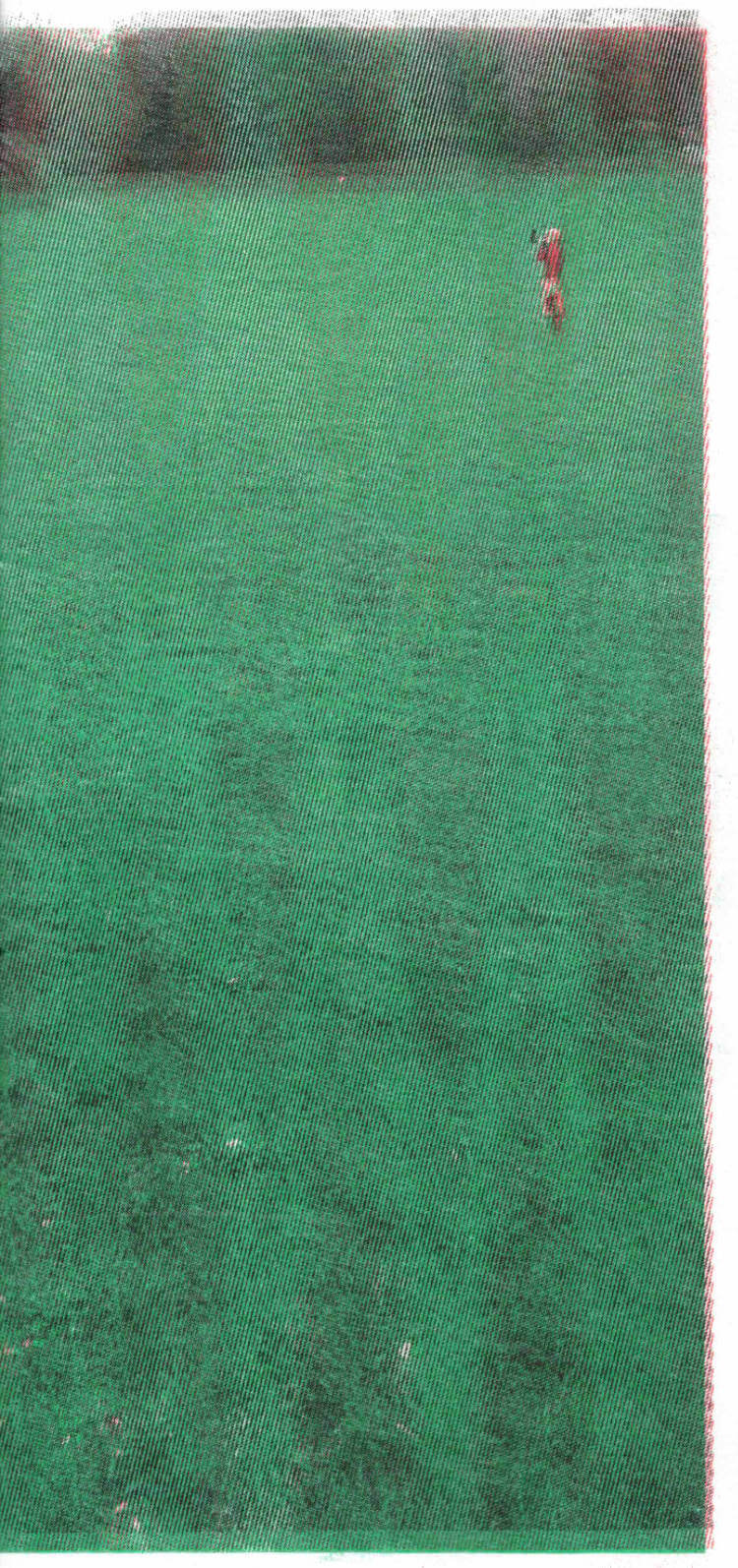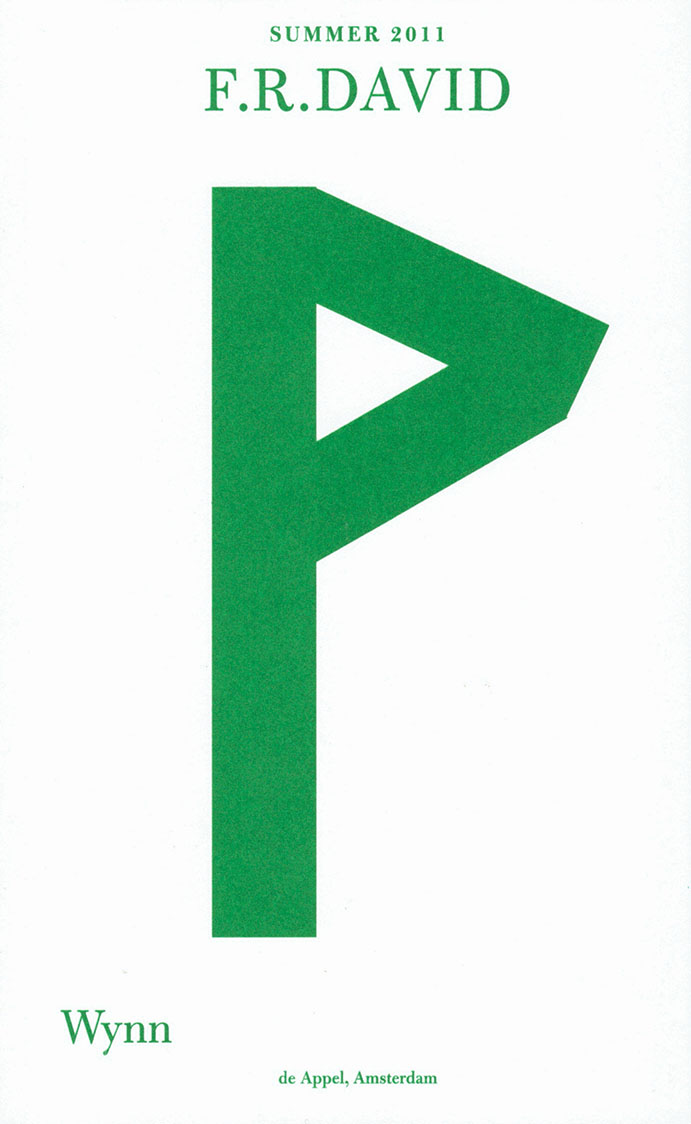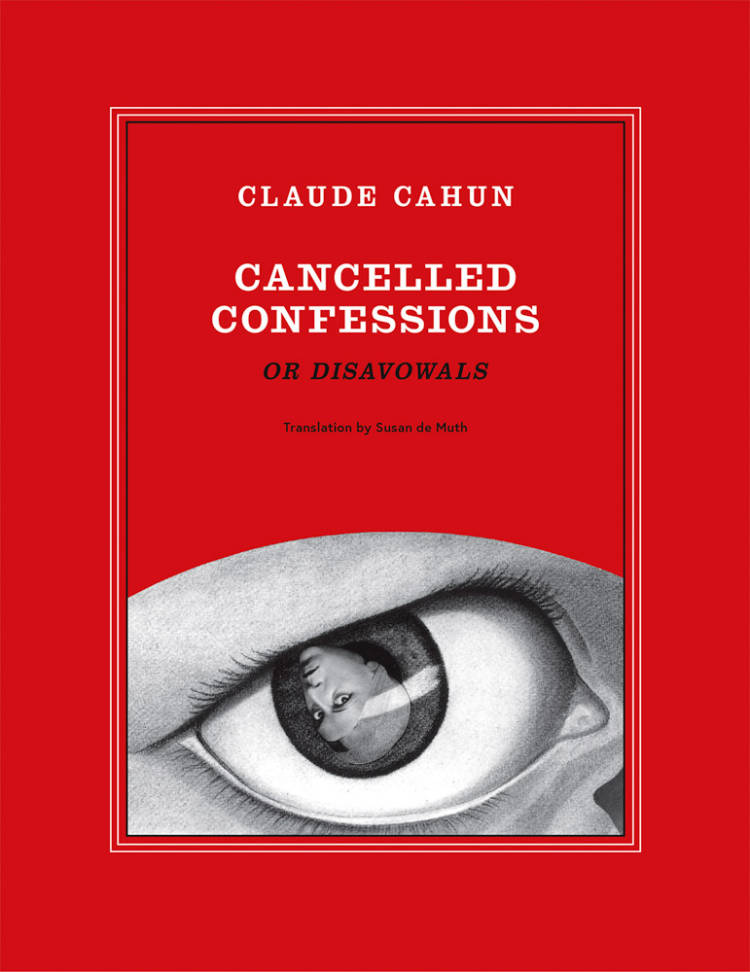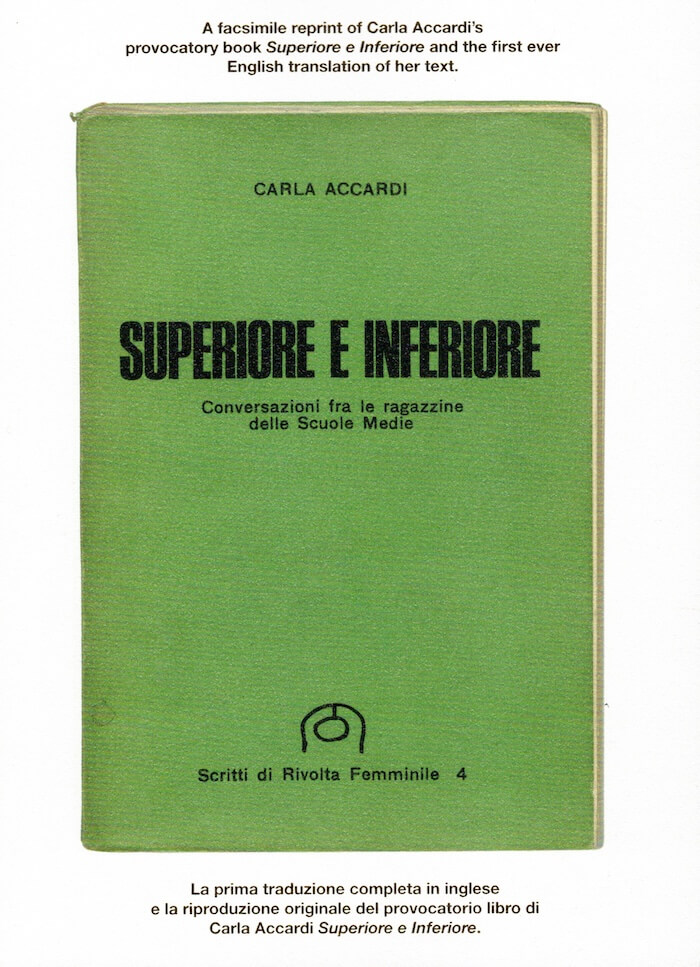
The Clip-On Method
The Clip-On Method is THE book on the work of Cady Noland everybody was waiting for but nobody expected. Two volumes, almost 600 pgs, that gather a minute, specific, documentation of the artist’s works (“often shown within their first installations,” from 1984 onwards) and further unfold the issues and questions that form the core of her practice and structure her engagement in art – without imposing any interpretation, critical perspective, other than the one proposed (suggested) by the artist’s own approach to the book form.
Book 1 gathers documents, essays, sholarly texts and articles regarding capitalism, violence, aircraft industry, racial discrimination in US universities, amongst various issues, interspersed with pictures of the artist’s works.
In Book 2 there are more photographs along with an exciting, impressive collection of writings by Noland (including, of course, “Towards a Metalanguage of Evil”). Most of the texts, and several of the pictures as well, are presented as facsimiles, laying out the work process, and the origins of what forms that sum.
Design by Cady Noland, Will Holder


